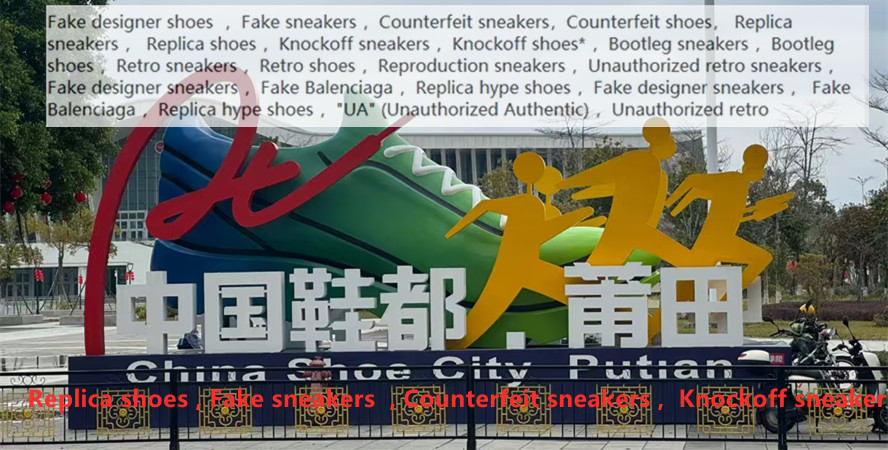Fake BalenciagaCompany-Level Fake Shoes: Quality and Replication Analysis
Fake BalenciagaCompany-Level Fake Shoes: Quality and Replication Analysis,

The Copycat Shoe Industry: Company-Level Analysis
In the global footwear industry, the phenomenon of "company-level copycat shoes" has gained significant attention in recent years. These are shoes produced by companies that imitate the designs of leading brands, often with the aim of catering to the mass market. While some companies take this practice as a competitive strategy, there are also complex issues surrounding intellectual property rights and ethical considerations.
The Nature of Company-Level Copycat Shoes
Company-level copycat shoes are typically produced by footwear manufacturers who closely observe market trends and the design strategies of premium brands. These companies often have their own design teams that modify the original designs to avoid explicit copyright infringement. The practice of producing such shoes has become prevalent in regions where manufacturing costs are low and there is a high demand for affordable yet fashionable footwear.
For many companies, this strategy is a viable business model as it allows them to capitalize on popular designs without investing heavily in research and development. It helps them to enter the market quickly and generate profits without the need for extensive branding or marketing campaigns.
However, this practice also raises concerns about intellectual property rights and the dilution of original designs. The footwear industry is highly competitive, and the ability to protect original designs and concepts is crucial for the survival of innovative brands.
Intellectual Property Rights and Ethical Considerations
The issue of intellectual property rights in the context of company-level copycat shoes becomes complex. While some companies may operate within legal bounds, others may infringe on patents or registered designs without authorization.
Ethically, companies should consider the impact their actions have on original designers and manufacturers. Copying designs not only undermines the efforts of designers but also discourages innovation in the long run. Furthermore, it can damage brand reputation and customer trust if perceived as disrespectful of intellectual property.
Moreover, these practices can have negative implications for employment and economic development in regions where copycat production is prevalent. Instead of relying on copied designs, companies should invest in their own R&D capabilities, creating unique designs that cater to local needs and tastes.
Conclusion
In conclusion, while company-level copycat shoes may offer a quick fix for certain manufacturers, it is imperative to recognize its long-term implications on the footwear industry and its stakeholders. Balancing legal boundaries with ethical considerations is crucial for sustainable business practices and maintaining a competitive edge.

- Knockoff shoesPuyang Shoe Delight: The Essence of Shoe Culture in Putian
- Knockoff shoesPutian Shoe Inspection: Quality Assurance and Verification
- Replica hype shoesUncover the Secrets of Putian Shoes: The Untold Story of Quality Craftsmanship
- Fake BalenciagaPutian Shoes: Tracing Back to the Source of Creation
- Replica shoesUnderstanding of Putian Shoes: A Glimpse into the Local Footwear Culture.
- Fake BalenciagaSingapore Putian Shoes: The Ultimate Guide to Quality and Fashion 这个标题简洁明了,包含了关键词“新加坡莆田鞋”,同时传达了关于这种鞋子的质量和时尚的信息。
- Reproduction sneakersPutian Shoe Case Solved: The Journey to Justice
- Unauthorized retroPumian Wenzhou Shoes: The Essence of Quality and Craftsmanship

